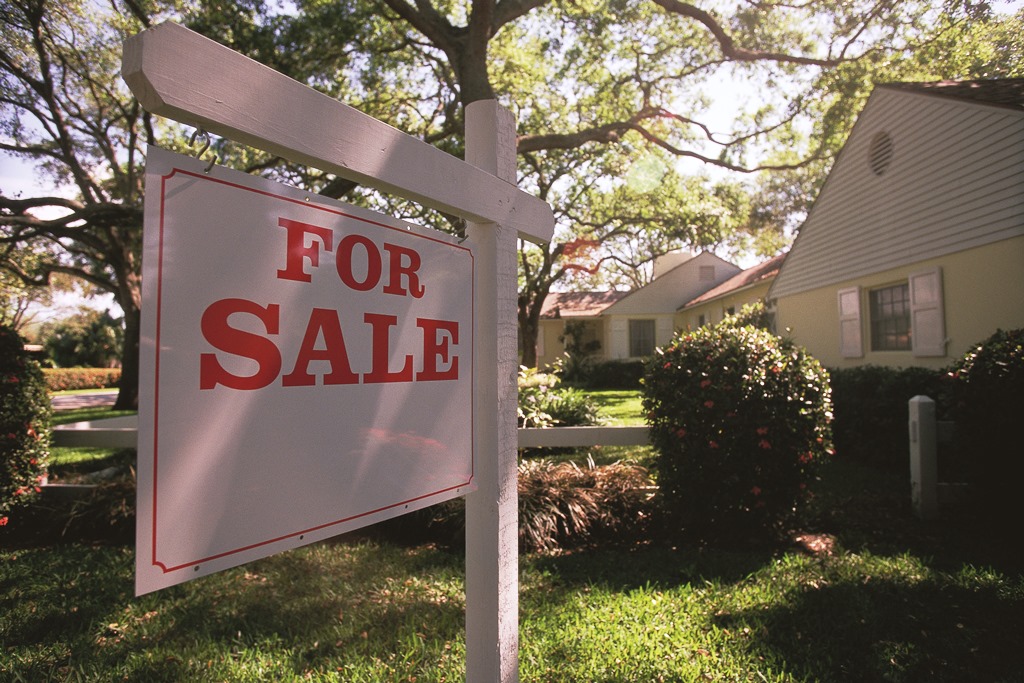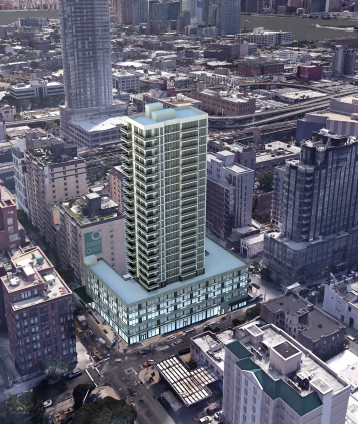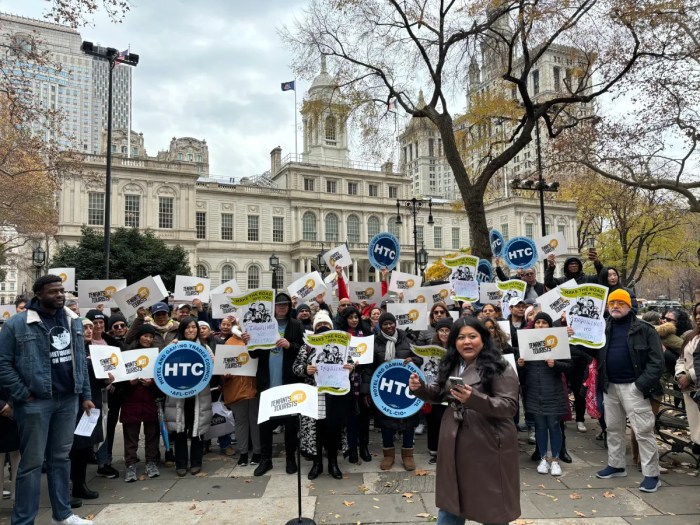As we approach the end of 2015, we are beginning to investigate what is to become of next year’s market. Headlines we continue to see are centered on the impending rise in interest rates and the rent freeze in New York City. Although, the Fed has yet to implement a notable increase in rates, we have already seen a market slowdown with respect to overall transaction volume compared to last year.
Back in June, the Rent Guidelines Board in NYC voted for a freeze on one-year, rent stabilized leases; according to the New York Times, this was an unprecedented move in the Board’s 46-year history. This story has come back into the news recently because Mayor Bill de Blasio’s administration is rolling out an ad campaign for the rent freeze reported to cost the city $1 million. The campaign is aiming to increase awareness of the rent freeze with the end goal of weeding out landlords who are not cooperating with the new legislature. The rent freeze has good intentions, to help those who struggle to afford their monthly rent, but Mireya Navarro of the New York Times points out that “the reality is landlords will now have to forgo repairing, maintaining, and preserving their apartments, which will trigger the deterioration of quality, affordable housing.” The new ad campaign has started in line with the implementation of the rent freeze law on October 1st, which is in effect through September 30th, 2016.
The biggest factor we anticipate having an effect on the market in the next year is the imminent increase in interest rates and the public’s confidence and reaction to the changes. With the increase in rates, we will see the market plateau and prices should start to flatten out or possibly slowly drop. According to Evan Tarver of Investopedia, from a purely academic standpoint “a rise in interest rates is a signal that the Federal Reserve believes the economy is healthy enough that borrowing costs should return to normal levels.” Janet Yellen, the Fed Chairwoman, has consistently noted that when the Fed does indeed begin to increase rates, it will do so gradually because they know how important it is not to deter the public’s confidence from borrowing and investing.
So although the imminent increase in rates is not alarming for the economy, it will indeed mean the pool of buyers in the market will be smaller and it will be more difficult to continue upon the current torrid pace, given that buyers’ confidence may start to deplete. The aggressive market we are experiencing right now will start to drift away with the gradual increase in rates. We have already seen a decline in activity this year, and property owners may begin holding on to their properties to wait for a stronger market or bring their property to market sooner than later to catch the current pricing before a pullback occurs.
Stephen R. Preuss is an Executive Director in the Capital Markets Group of Cushman & Wakefield.




































